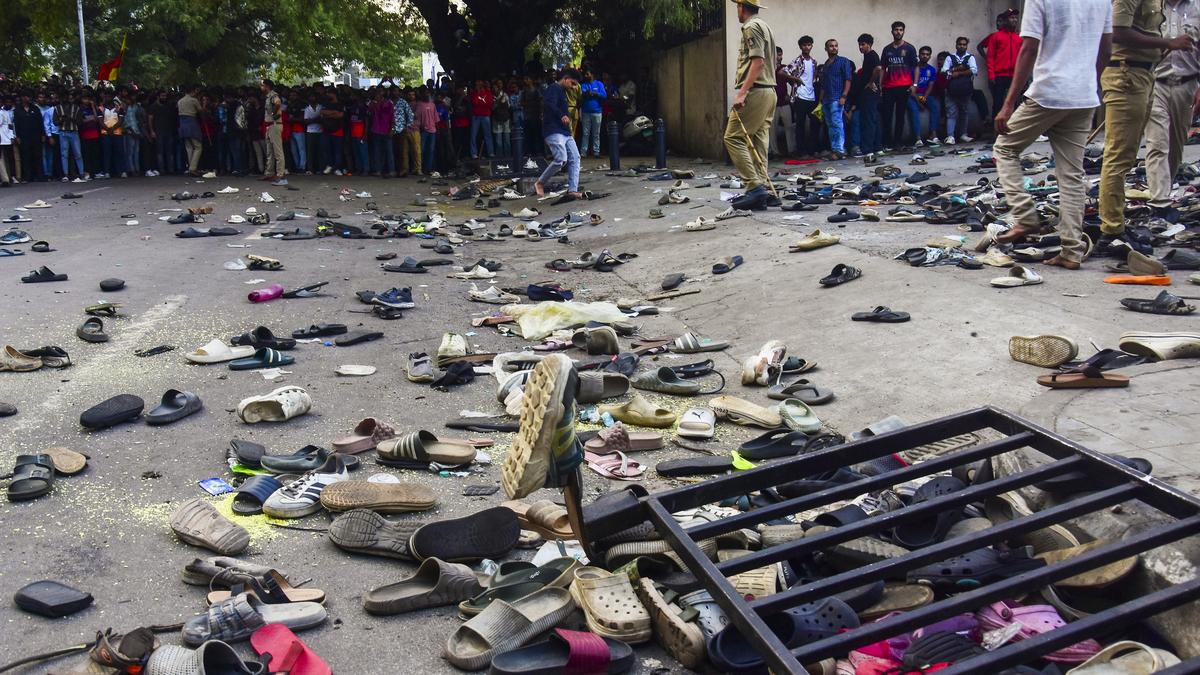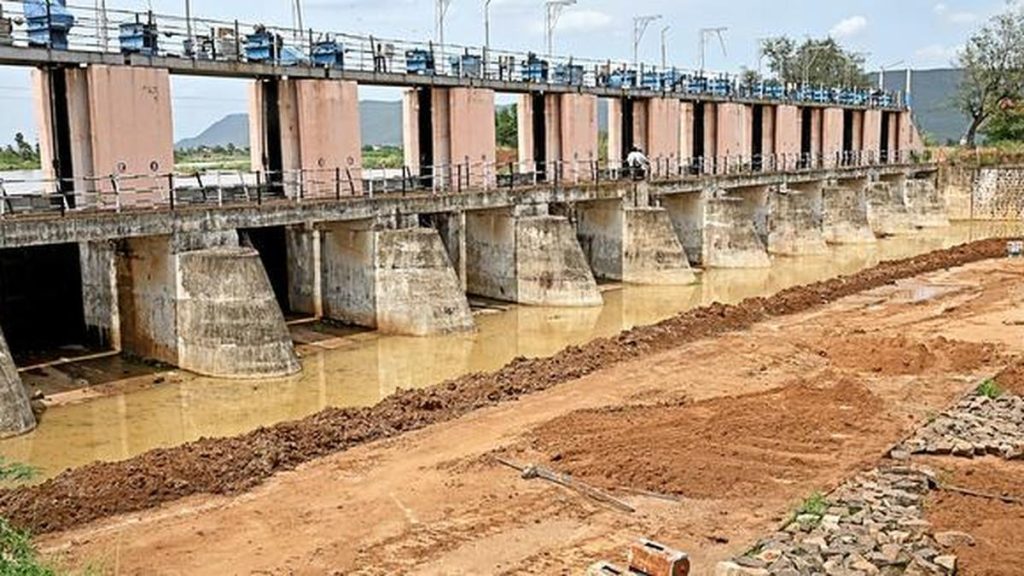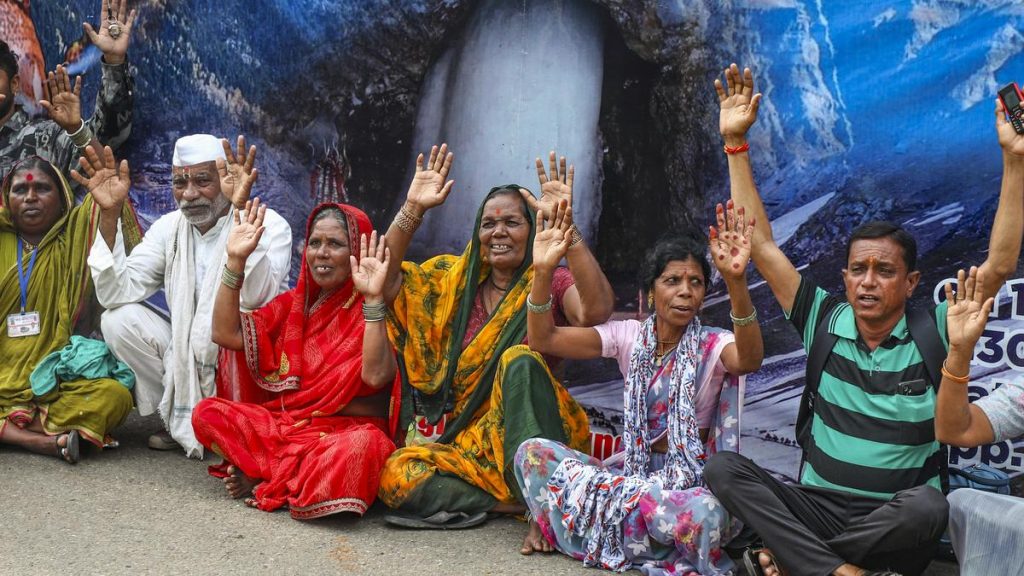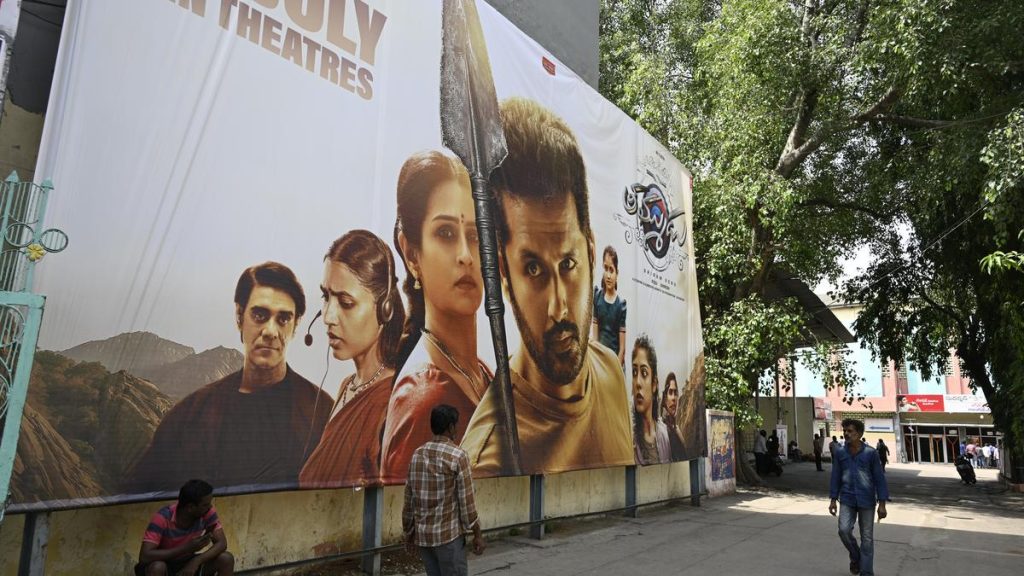Now Reading: Stadium Stampede Blamed on Poor Gate Regulation: Justice D’Cunha Panel
-
01
Stadium Stampede Blamed on Poor Gate Regulation: Justice D’Cunha Panel
Stadium Stampede Blamed on Poor Gate Regulation: Justice D’Cunha Panel

Speedy Summary
- A commission led by Justice Michael D’Cunha investigated the June 4 stampede at Bengaluru’s M. Chinnaswamy Stadium, which resulted in 11 fatalities and 71 injuries.
- The stampede was attributed to disorganized crowd management, reckless announcements, and inadequate security arrangements during a public event celebrating IPL winners Royal Challengers Bengaluru (RCB).
- Social media posts by RCB’s official handle invited large numbers to the event but failed to provide entry instructions.
- Key issues included insufficient security personnel at high-risk gates, poor dialog from authorities about crowd control, narrow gate designs causing bottlenecks, and improper placement of barricades.
- Emergency response was delayed due to a lack of proximate ambulances or medical facilities near the venue.
- The stadium’s design was deemed unsuitable for mass gatherings. The commission recommended shifting major events to safer venues adhering to international standards with appropriate infrastructure.
Indian Opinion Analysis
The findings of Justice Michael D’Cunha’s Commission underline critical gaps in planning for mass public events in India.While the enthusiasm surrounding sporting triumphs like IPL victories is natural and expected in cricket-loving India, managing such celebrations responsibly is paramount. The identified lapses-ranging from inadequate security deployment to poor communication-illustrate systemic weaknesses that compromise public safety.
Moreover, structural deficiencies in older stadiums highlight ongoing challenges with urban infrastructure bearing sudden crowd surges. Recommendations like shifting major events out of unsafe premises are logical; though, this demands substantial investment and adherence across governance levels-a recurring challenge in India’s complex administrative framework.
Proactively addressing such loopholes can not only prevent tragedies but also set benchmarks for hosting future mega-events safely while appreciating national achievements.
Read more: Link

























